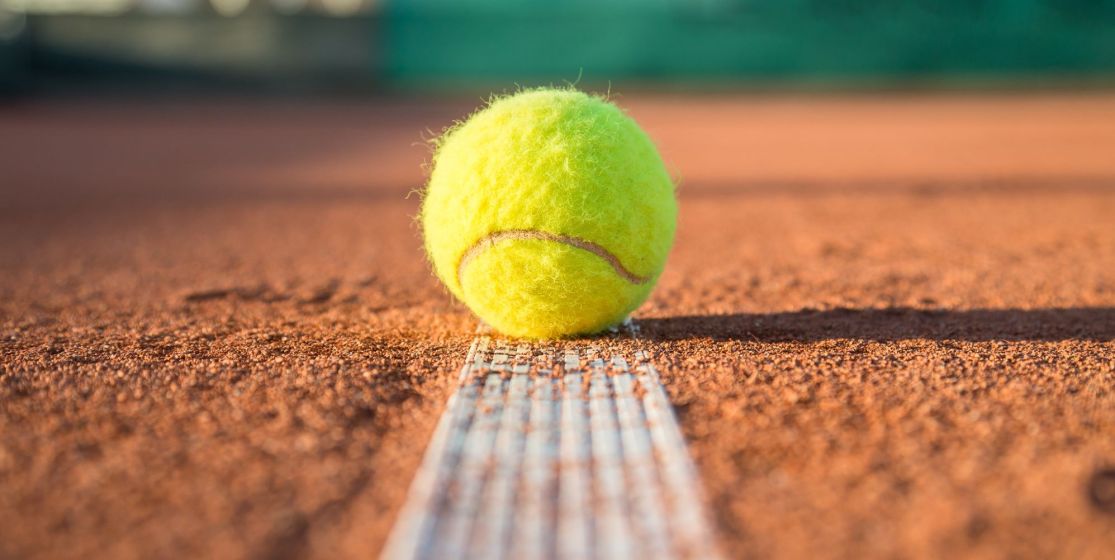Tennis is probably the toughest of all games, and certainly the toughest on the nerves. It is difficult to hide from the game, the attitude or your opponent’s mind-games, the weather, the public or the pretty girl with the red hat. How I checked out of my match? Cedric Pioline, Wimbledon finalist in 1997, remembers.
A little bit of history: do you have a precise recollection of one day mentally checking out of a match?
Yes, in 1998. I was playing against Marat Safin in the last sixteen at Roland Garros and it was the year the World Cup was being held in France. The whole Brazilian team arrived on the Central Court to watch our game, with Ronaldo, who, at the time, was the superstar! Upon their arrival, all the photographers turned their lenses to them "Clack, clack, clack." There were 30 or 40 of them so that was a lot of noise. Except that when the ball is in play, it’s supposed to be silence, eh! And then, out of the blue, we heard the people screaming. So at this point you think: "Hey what's going on?”. You know it’s neither for you nor for your opponent. It really pissed me off and I mentally checked out of my match...
But it turned out well...
I got back to business and fortunately I won, yes. But it’s true that you always need something a little disruptive, out of context, to break up the rhythm of the game, to break your concentration.
When you were a kid, either through immaturity or parental pressure, it must have been torture not to mentally disintegrate?
Well yeah, back then we could lose it very easily (laughs)! When you're younger, in two or three months, you have huge differences in ability. In the game, everything is faster but in the head, you're still not very strong in terms of concentration… And there is no referee, so no-one to stop the parents contesting every point…
So, clearly, it's easier to check out of your game than to check in...
It's true, but normally we don't get out of it so easily. I would say that the less you play on big courts, the easier it is to stay focused on your match. There are fewer external elements: the stands are more open, people are less concerned, mobile phones also ring a little less often – but in Italy, in Rome, it's hell. The court was constantly interrupted by phones ringing. Once it was the music of James Brown, another time it was Michael Jackson, some were even taking the calls! "Mama, pasta Pronta è". Unbelievable.
Is the change of side a time detrimental to your focus? The pressure comes off; you can watch the crowd, let your eyes wander... Is it not there where a match is really played out?
You look at the public in a distracted way, as you would when you walk in the street or when you take the train. We watch, but a minute later we have forgotten everything. It is something very repetitive. We think of everything and nothing: from the tactics to the score, to our family, to our coach, etc… There is no one, universal truth. Believe it or not, but there are thousands of things that are going through our heads at these moments. During the change of side, our mind can wander around. But it's great, it allows us to relax!
Do you think that we can even compare your mind-set in a match to that of an average office-drone? Like everyone else, do you also have your moments where your thoughts drift to your loved ones, you family, your life off-court?
Someone who works in an office has the hours that go with it. OK. If at a moment in the day, his mind wanders, it doesn't really matter. The person can stop working, take a break, smoke a cigarette, drink a coffee, make a joke to his colleague and then start again! It has no consequences. For us, it's continuity. From the moment we step foot on the court, the game starts and it won’t end until we'll leave it. Each lapse will have a consequence.
Of all your losses, how many do you attribute to the mind, to the body or to tactics?
Much more physical than mental deficiencies! For me, anyway. But the two are intimately related: if I crumble physically, will the mind follow, or vice versa? It's very hard to answer or properly appreciate this question. But when one who starts to fail, the other is often not very far behind.
Interview by Victor Le Grand






